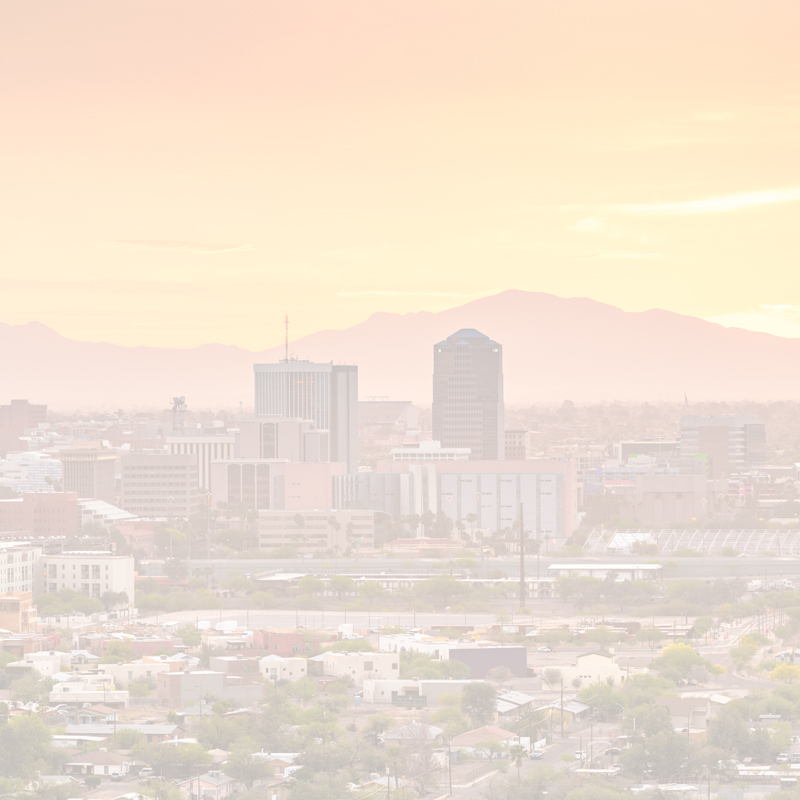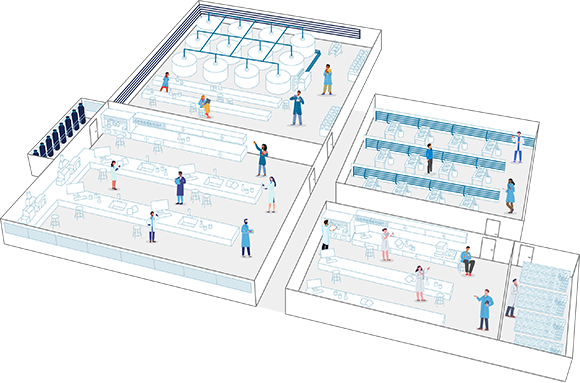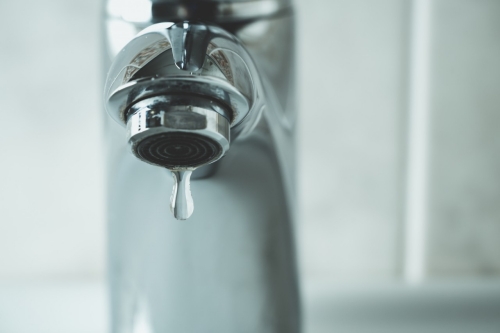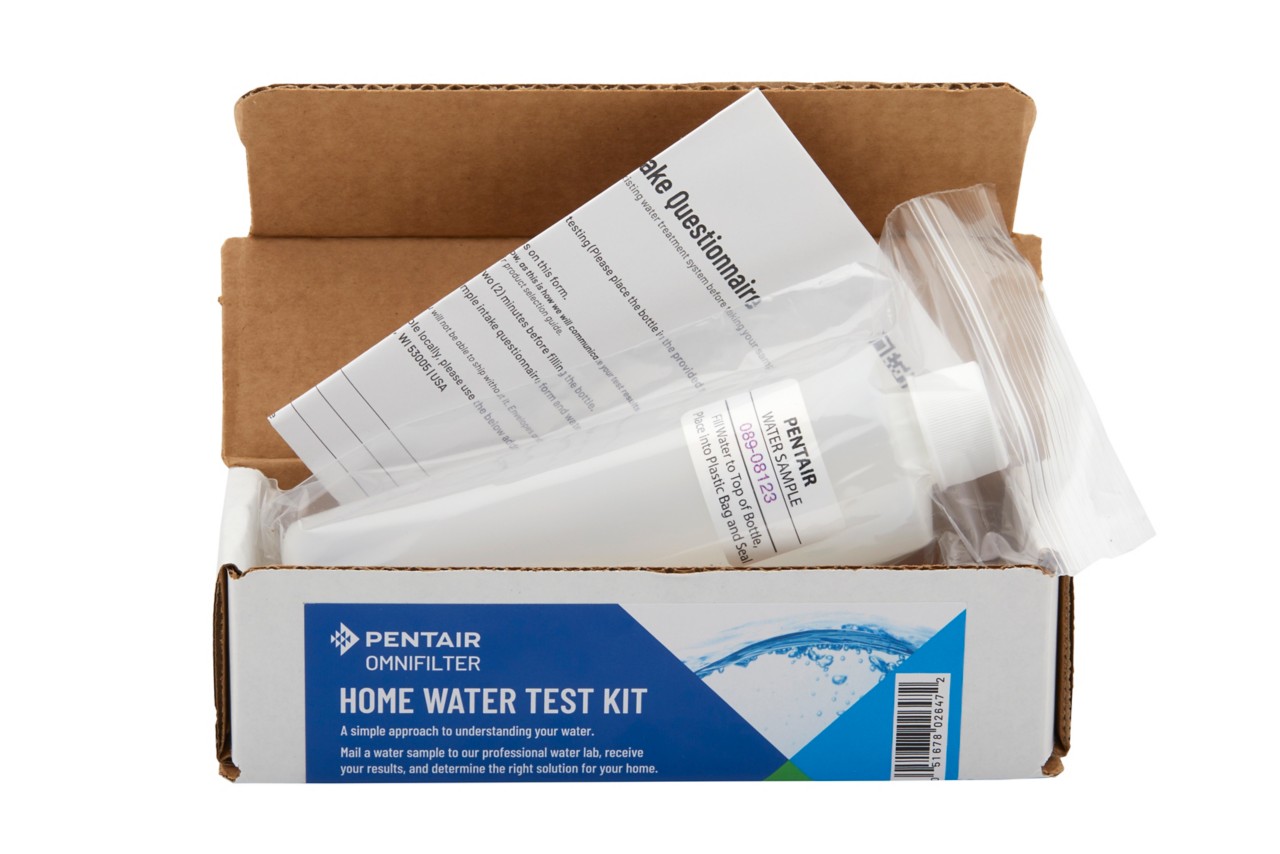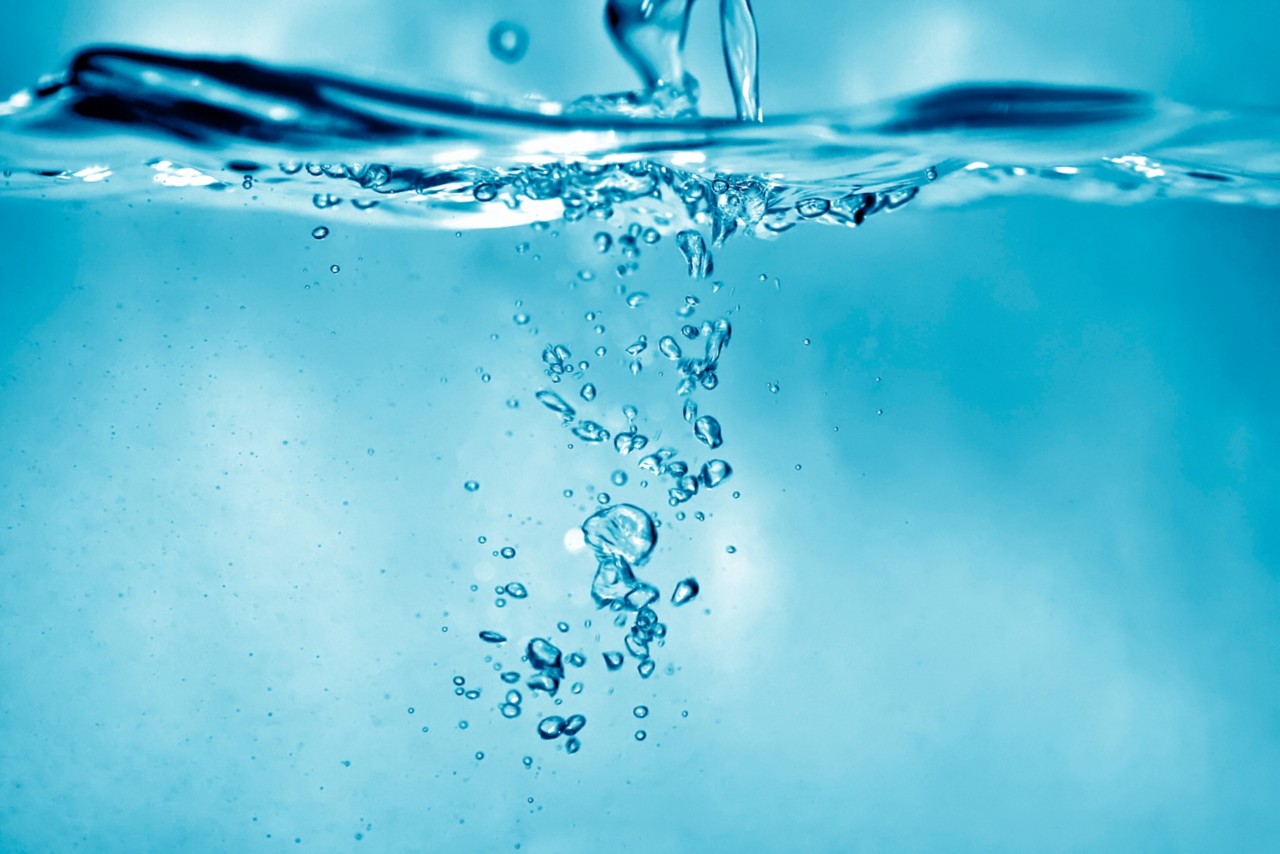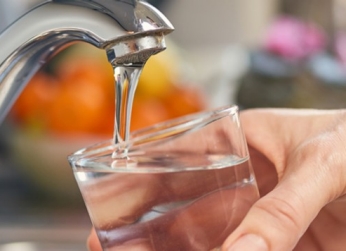Back in the early 1900s, our cities faced a problem. A water problem. Water municipalities were struggling to provide water free of the bacteria that cause cholera and typhoid.
Good news. Thanks to advancements in city water treatment, many of these problems have disappeared. And we now know a ton more about reducing the level of contaminants in water supplies. So, how do cities filter water? They use techniques like:
- Adding chlorine to reduce waterborne contaminants. It's not just for your pool!
- Adding fluoride to reduce tooth decay. Drinking fluoridated water keeps teeth strong and reduces cavities (also called tooth decay) by as much as 25%, according to the CDC. Because who doesn’t love healthy teeth?
- Conducting coagulation and flocculation. This is the process of adding positively charged chemicals that neutralize the negative charge of dirt. Sounds intense. But really, it's a way to get these small particles to bind with the chemicals to form larger particles that can be captured through filtration.
- Filtering water through sand, charcoal, and gravel. Simple. But it works.
Not every place uses all these techniques. City drinking water may be treated in different ways depending on where you live.
Is City Water Safe to Drink?
Even with modern water treatment methods, you still might wonder about safety. Water leaving the city treatment plant might be trustworthy. But it still has a long way to travel before it reaches your home. Pipes that deliver this water can lead to additional contamination.
That can be for a few reasons. First, many cities have older pipes. Old pipes can have small cracks in them. And in some large cities, water pipes run in the same vicinity as sewer pipes. You get where we're going with this… Untreated sewage water can leak into your water line and cause problems.

